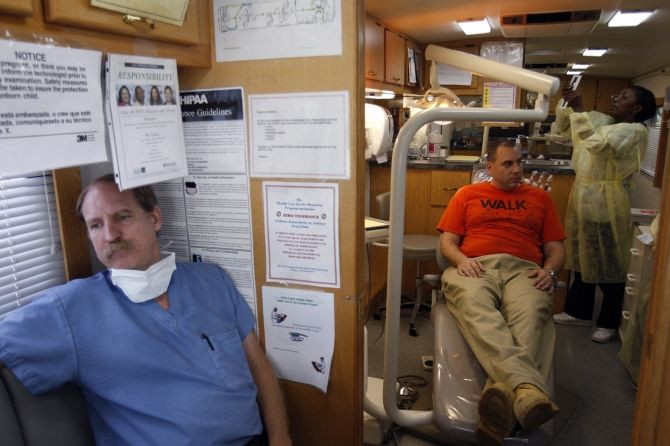Grueling Hours Cause Nearly Half of U.S. Physicians to Report Burnout Symptoms

American physicians exhibit more signs of emotional exhaustion and burnout, compared to workers in other fields, researchers found.
According to a study conducted by Tait D. Shanafelt, professor of medicine at the Mayo Clinic, doctors who are at the front line of health care, such as family medicine, internal medicine and emergency medicine were more likely to feel drained.
As the patient load continues to increase, the trend may cause physicians to reduce their workload or even go as far as quitting.
Shanafelt conducted a national study of burnout in a large sample of physicians. Of the 27,276 physicians that received an invitation to participate, 7,288 completed the survey. He used the Maslach Burnout Inventory to assess the professional burnout rate in human services on three scales: emotional exhaustion, depersonalization and personal accomplishment. It was revealed that 45.8 percent of physicians reported at least one burnout symptom.
With the approval of the Affordable Care Act, Shanafelt fears the issue may only get worse. In 2014, 32 million Americans are expected to get health insurance increasing the amount of people seeking medical care.
Due to the long shifts and patient load, Shanafelt stated previous studies indicate burnout is also associated with medical errors and poor patient care.
Shanafelt did not observe an increased rate of depression or suicide among doctors compared to the overall population, which indicates the burnout is exclusively associated with the work environment.
Long hours also played a major part in the feeling of exhaustion, with 37 percent of doctors working more than 60 hours a week. Doctors also have increased the amount of patients they see to offset the reduced reimbursement from health insurers and the government. Due to the government implementing electronic medical records, doctors in the private sector are faced with more work.
Shanafelt hopes to conduct more research to determine proper treatment.
“If this were only five percent, we could say that these are just people who don’t manage their stress well or need additional training,” he said to Bloomberg News. “But with almost one out of every two physicians, we have to say there must be something about their environment contributing to this.”
The study was published in the Archives of Internal Medicine.



























